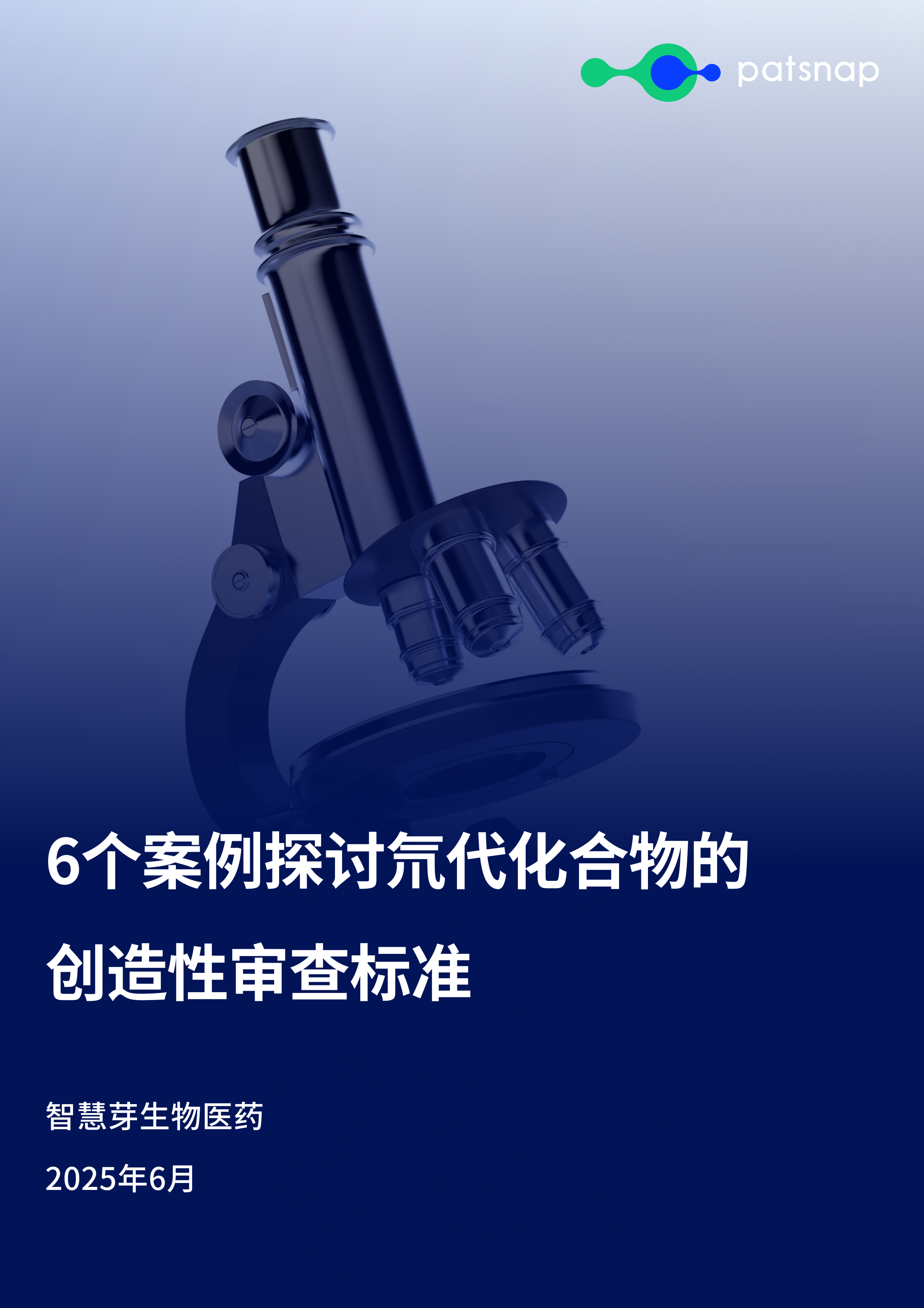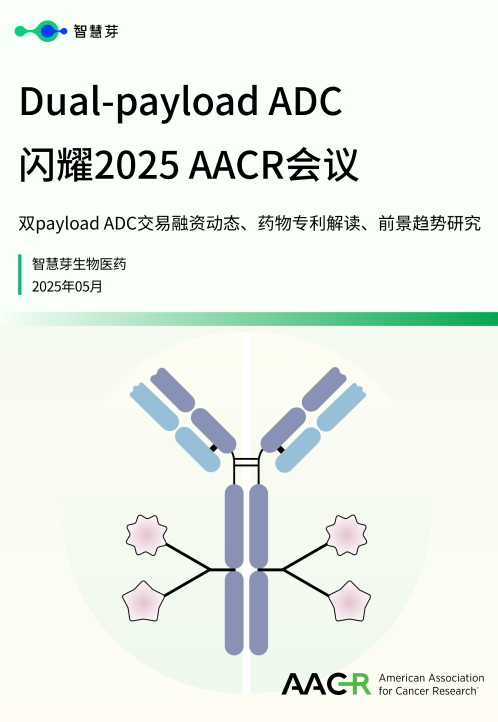预约演示
FDA Reveals More Details on 22 CAR-T Secondary Cancer Cases
2024-01-25
免疫疗法细胞疗法
Pictured: Entrance to the FDA's office in Maryland/iStock, Grandbrothers
The FDA is currently looking into at least 22 cases of secondary malignancies in patients after receiving CAR-T therapies, according to a perspective piece from two agency officials published Wednesday in The New England Journal of Medicine.
The cases were detected as of the end of 2023, according to Peter Marks and Nicole Verdun, both from the FDA’s Center for Biologics Evaluation and Research (CBER). Fourteen secondary malignancies have “adequate data” available for analysis, all of which arose within two years after CAR-T treatment, while “roughly half” within a year of administration.
The secondary cancers include T-cell lymphoma, T-cell large granular lymphocytosis, peripheral T-cell lymphoma and cutaneous T-cell lymphoma.
In three cases, genetic sequencing data found the CAR transgene in a malignant clone, suggesting that “the CAR-T product was most likely involved in the development of the T-cell cancer,” Marks and Verdun wrote.
Wednesday’s NEJM perspective piece follows the FDA’s push last week for a class-wide boxed warning on all commercial CAR-T therapies. The agency sent out similarly worded letters to CAR-T manufacturers, directing them to adjust their respective products’ labels to reflect the potential risk of secondary T-cell cancers. The FDA first revealed that it had detected these potential risks in November 2023, launching a probe into the safety of the CAR-T class.
The boxed warnings were to affect all six commercially available CAR-T products, including Gilead’s Yescarta (axicabtagene ciloleucel) and Tecartus (brexucabtagene autoleucel), BMs’s Abecma (idecabtagene vicleucel) and Breyanzi (lisocabtagene maraleucel), Novartis’ Kymriah (tisagenlecleucel) and J&J’s Carvykti (ciltacabtagene autoleucel).
According to the NEJM article, cases of secondary T-cell malignancies have been documented for “five of the six available CAR-T products,” though they did not name a specific product. Instead, the authors noted that the agency still does not have enough data to draw definitive conclusions “about the strength of an association with any specific product.”
The FDA officials are also quick to emphasize in their article that “the overall rate of T-cell cancers among people receiving CAR-T therapies appears to be quite low, even if all reported cases are assumed to be related to treatment.” So far, over 27,000 doses of the six approved CAR-T products have been administered throughout the U.S.
Still, relying solely on post-marketing surveillance could underestimate these secondary cancers, according to Marks and Verdun, who assert that adjusting the products’ labels to appropriately reflect these risks will help physicians better communicate the benefits and potential downsides of CAR-T treatment with their patients.
Marks and Verdun recommended that physicians monitor CAR-T patients, including those who received the therapy during a clinical trial, for new cancers for the lifetime of the patients and asked clinicians to report any new malignancies in their patients to the FDA.
Tristan Manalac is an independent science writer based in Metro Manila, Philippines. He can be reached at tristan@tristanmanalac.com or tristan.manalac@biospace.com.
更多内容,请访问原始网站
文中所述内容并不反映新药情报库及其所属公司任何意见及观点,如有版权侵扰或错误之处,请及时联系我们,我们会在24小时内配合处理。
适应症
靶点
-Eureka LS:
全新生物医药AI Agent 覆盖科研全链路,让突破性发现快人一步
立即开始免费试用!
智慧芽新药情报库是智慧芽专为生命科学人士构建的基于AI的创新药情报平台,助您全方位提升您的研发与决策效率。
立即开始数据试用!
智慧芽新药库数据也通过智慧芽数据服务平台,以API或者数据包形式对外开放,助您更加充分利用智慧芽新药情报信息。





